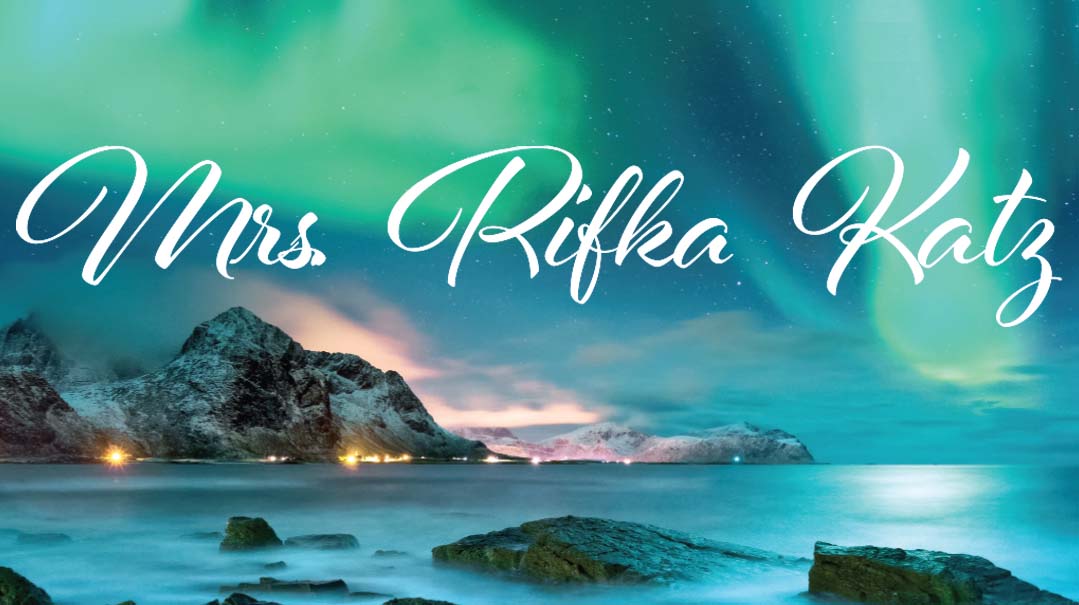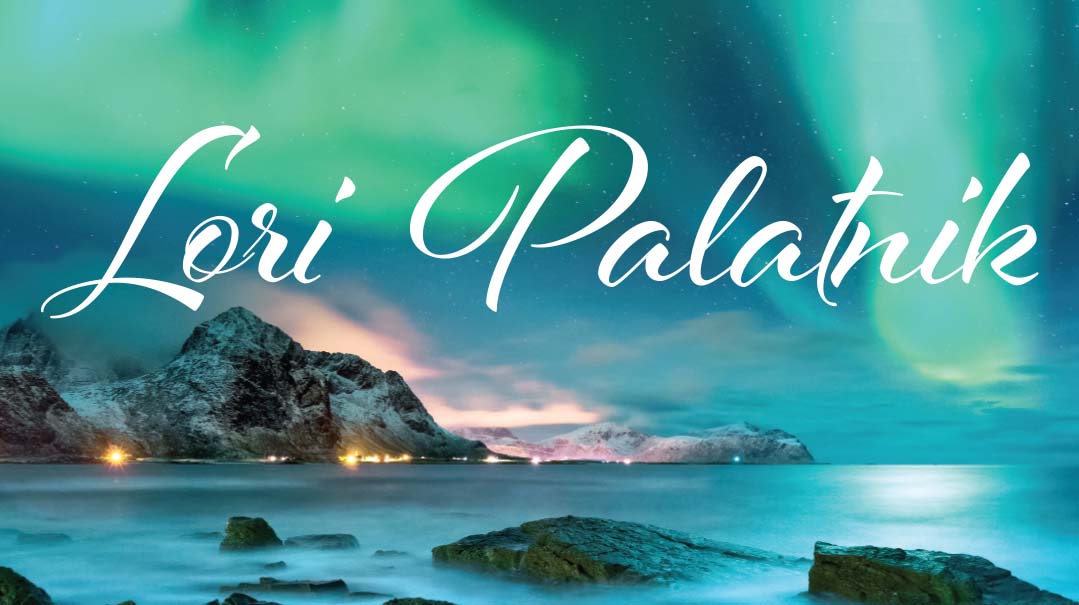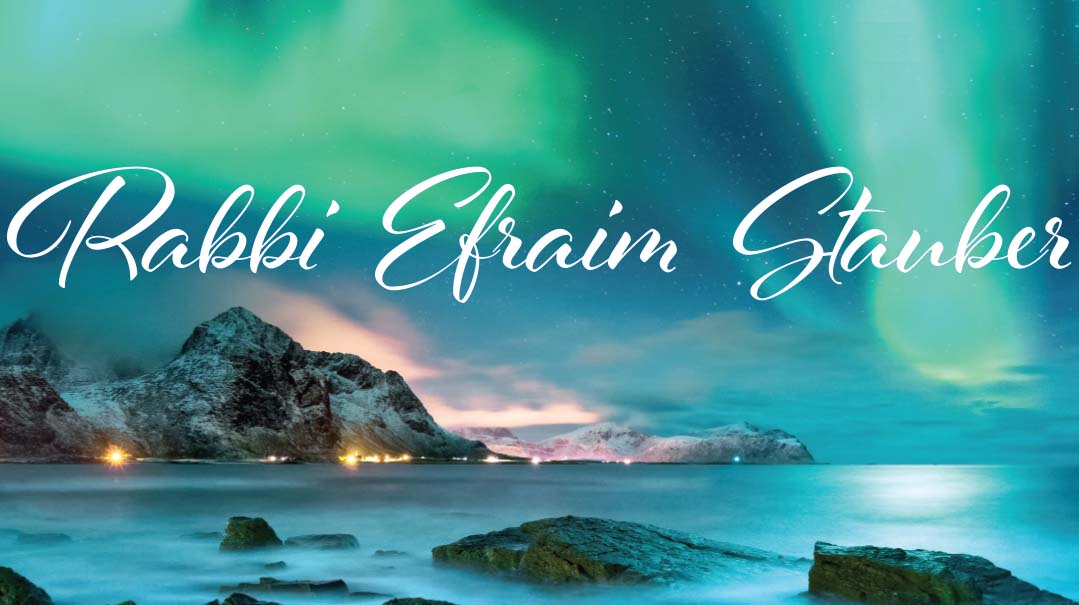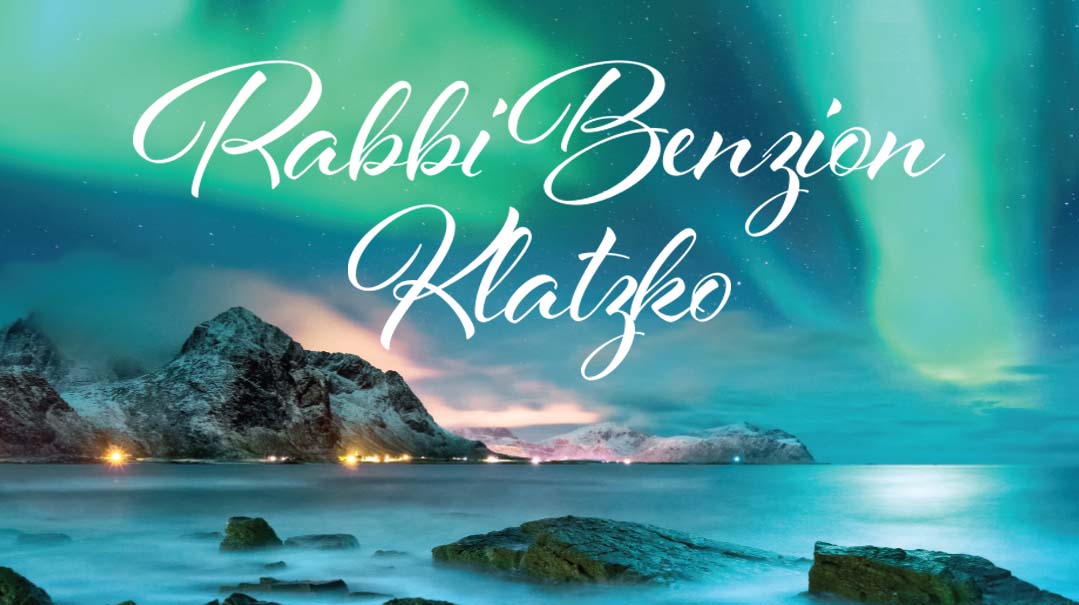Mrs. Rifka Katz
| September 14, 2021She was stopped by her mother’s voice saying, “Raizele, no. There will be better times”

Mrs. Rifka Katz
Kallah teacher and lecturer
Montreal, Canada
My mother, Mrs. Raizel Danzciger, didn’t have an easy life. Born in Hungary before the war, she lost her mother at the young age of 12. After her father remarried, my mother moved in with an older sister.
My aunt lived in a small town and couldn’t afford to send my mother to school. Instead, my mother, just 14 or 15 years old at the time, earned her keep by helping to take care of her seven nieces and nephews, cooking, cleaning, and feeding the animals. (My mother used to talk about “stuffing the goose.”)
Then the Nazis invaded. My mother was taken to Auschwitz, and she was there for a full year. There are endless stories of the horrors that took place in this Gehinnom…. Every night she lived was another day survived.
My mother would recall girls who ran to the open field when the Russians began bombing, or those who threw themselves at the electric fences, preferring to die instantly rather than go through interminable torture. She thought of doing this herself, she told us, but she was stopped by her mother’s voice saying, “Raizele, no. There will be better times.”
After the war, my parents married in Hungary and then came to New York. Shortly afterward, they moved to Cleveland, where they started a whole new life. My mother worked very hard in Cleveland, holding down two jobs to help the family make ends meet. She went out to work only in the evenings after my father came home, because she didn’t want to leave us in someone else’s care.
Then, when he was only 73, my father died. My mother cried for a year, mourning the man who had been her rock, who’d helped her survive the difficult years after the war.
To be honest, we thought my father’s death would break her. We didn’t see how she’d pull out of her grief.
But my mother was a survivor. A fighter. With incredible inner strength, she swam through her sorrow and reached shore. She even remarried and started all over again, this time in New York. She had to learn a new city and a new culture (New York is very different from Cleveland), and she did it gracefully.
Right before coronavirus hit, Bais Yaakov Ateres Miriam in Far Rockaway dedicated its building in my mother’s name. They scheduled a beautiful ceremony with a full lineup of inspirational speakers.
I was honored when they asked me to speak about my mother and why the dedication was such a fitting tribute to this special woman whose formal education was ripped from her when she was so young. I prepared my speech, hoping to inspire the community with her story. I wanted to bentsh the families of Ateres Miriam that they take my mother’s legacy and use it in their own lives.
I knew this would be emotional, so I wrote out my speech in its entirety, rehearsed it several times, and even brought the script with me to the podium. Still, when I stood there considering my mother and everything that had come before that day, I became so overwhelmed, I could hardly get the words out. My voice kept cracking, and if you listen to the recording, you won’t be able to hear me.
I couldn’t get the words out then, but I’m bestowing her legacy on all of you now.
(Originally featured in Family First, Issue 760)
Oops! We could not locate your form.






